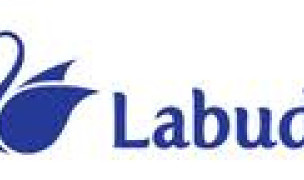 20 Terms
20 TermsHome > Industry/Domain > Biology > Immunology
Immunology
Immunology is the study of the structuree and function of the immune system which is responsible for the protection from invading foreign macromolecules or organisms. It is a broad branch of biomedical science that covers the study of all aspects of the immune system in organisms. It deals with the physiological functioning of the immune system in both healthy states and immunological disorders (autoimmune diseases, hypersensitivities, immune deficiency, transplant rejection); the physical, chemical and physiological characteristics of the components of the immune system in vitro, in situ, and in vivo.
Industry: Biology
Add a new termContributors in Immunology
Immunology
gene targeting
Biology; Immunology
A gene can be specifically disrupted by a technique known as gene targeting or gene knockout. Usually this involves homologous recombination in embryonic stem cells followed by the preparation of ...
immunotoxins
Biology; Immunology
Immunotoxins are antibodies that are chemically coupled to toxic proteins usually derived from plants or microbes. The antibody targets the toxin moiety to the required cells. Immunotoxins are being ...
intracutaneous
Biology; Immunology
Injections can be administered by a number of routes: intracutaneous (intradermal)—entering the skin or dermis; subcutaneous—entering below the skin or dermis; intramuscular—entering the muscle; ...
primary interaction
Biology; Immunology
The binding of antibody molecules to antigen is called a primary interaction, as distinct from secondary interactions in which binding is detected by some associated change such as the precipitation ...
class II-associated invariant chain peptide
Biology; Immunology
The class II-associated invariant chain peptide (CLIP) is a peptide of variable length cleaved from the class II invariant chain by proteases. It remains associated with the MHC class II molecule in ...
polyclonal activation
Biology; Immunology
Antigen activates specific lymphocytes, whereas all mitogens, by definition, activate most or all lymphocytes, a process known as polyclonal activation because it involves multiple clones of diverse ...
antigen display libraries
Biology; Immunology
Both libraries of cDNA clones in expression vectors and bacteriophage libaries encoding random peptide sequences have been used to identify the targets of specific antibodies and, in some cases, of T ...


